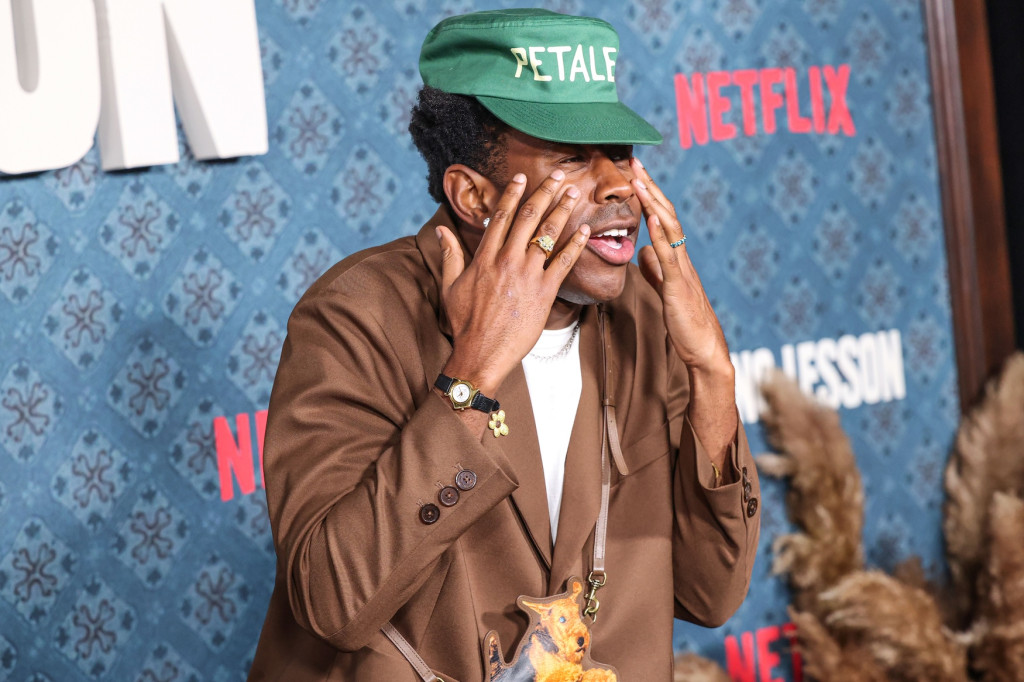It’s been quite a few months for Tyler, the Creator. He’s gone on tour with his Chromakopia album, dropped another album (Don’t Tap the Glass) in the midst of that tour, and has, like the rest of us, been sent reeling following news of D’Angelo’s passing.
In the wake of that devastation, the rapper and producer has had to confront the reality that much of his audience doesn’t know very much about the R&B legend who has directly influenced his music, much to his frustration.
In September, the artist liked a social media post suggesting that his fan base is mostly “white incels” or something of the sort, and the rap world hasn’t got enough of it. Critics claimed he was now facing the consequences of catering to white fans for years.
Only thing is… that’s not really true.
Jeff Ihaza mentions in his recent Rolling Stone piece, most fans of Tyler’s early work were indeed angsty Black teens, making the current debate feel just perfect for a social media storm. Say what you will of Odd Future’s shock value antics in the early 2010s, but the truth is that it was largely Black teenagers bumping Bastard, Goblin and Wolf.
What the internet seems to be reacting to isn’t really a Tyler-specific problem.
For one, the term incel doesn’t really accurately describe the fan base of a queer, Black, old-school hip-hop head like Tyler. Not to mention, there’s the broader reality of hip-hop’s mainstream: most rap fans are white men, that’s just what the demographic data shows.
So if the argument is that Tyler is now somehow being “punished” for his success, does that punishment also extend to Kendrick Lamar, Future, or Drake, all of whom also have largely white male audiences?
Now granted, Tyler has said a lot of silly things on the internet. But pulling up old social media posts as a kind of gotcha, or to rewrite his legacy as an artist pandering to white sensibilities, feels just as silly.
There are very real criticisms that can be levied towards artists who manage their audience’s expectations in a lackluster fashion, but Tyler has been deep in the Black artistry bag for a very long time.
He’s had features from Erykah Badu, Charlie Wilson, Pharrell Williams, Solange, and Kanye West. Not only are these legends of Black music, they are artists who are themselves in direct conversation with the lineage of Black pop and soul.
The controversy just doesn’t make sense, unless the goal is simply to see Tyler suffer for things he said as a rambunctious teenager trying to break into the industry. And that’s an entirely different conversation.




